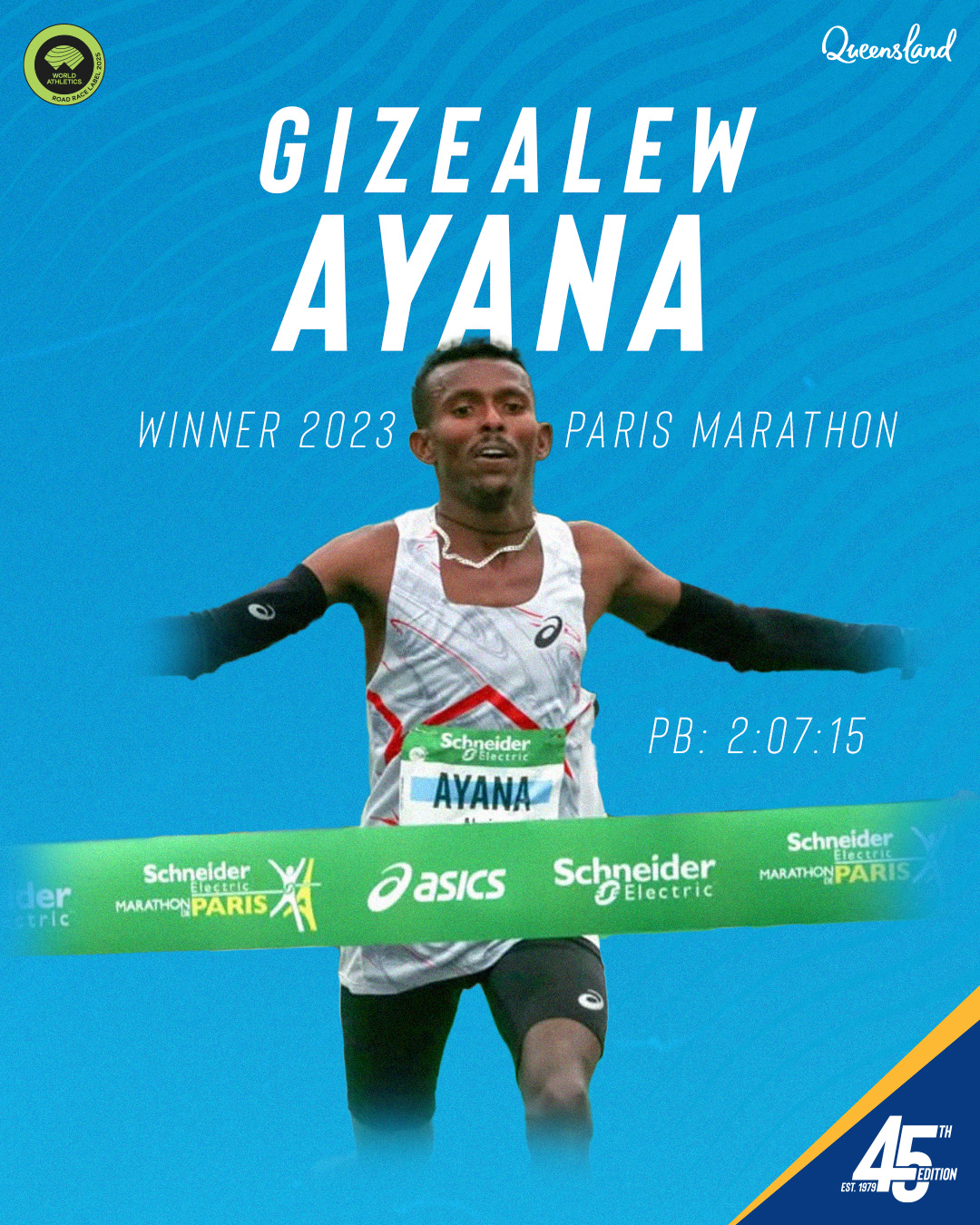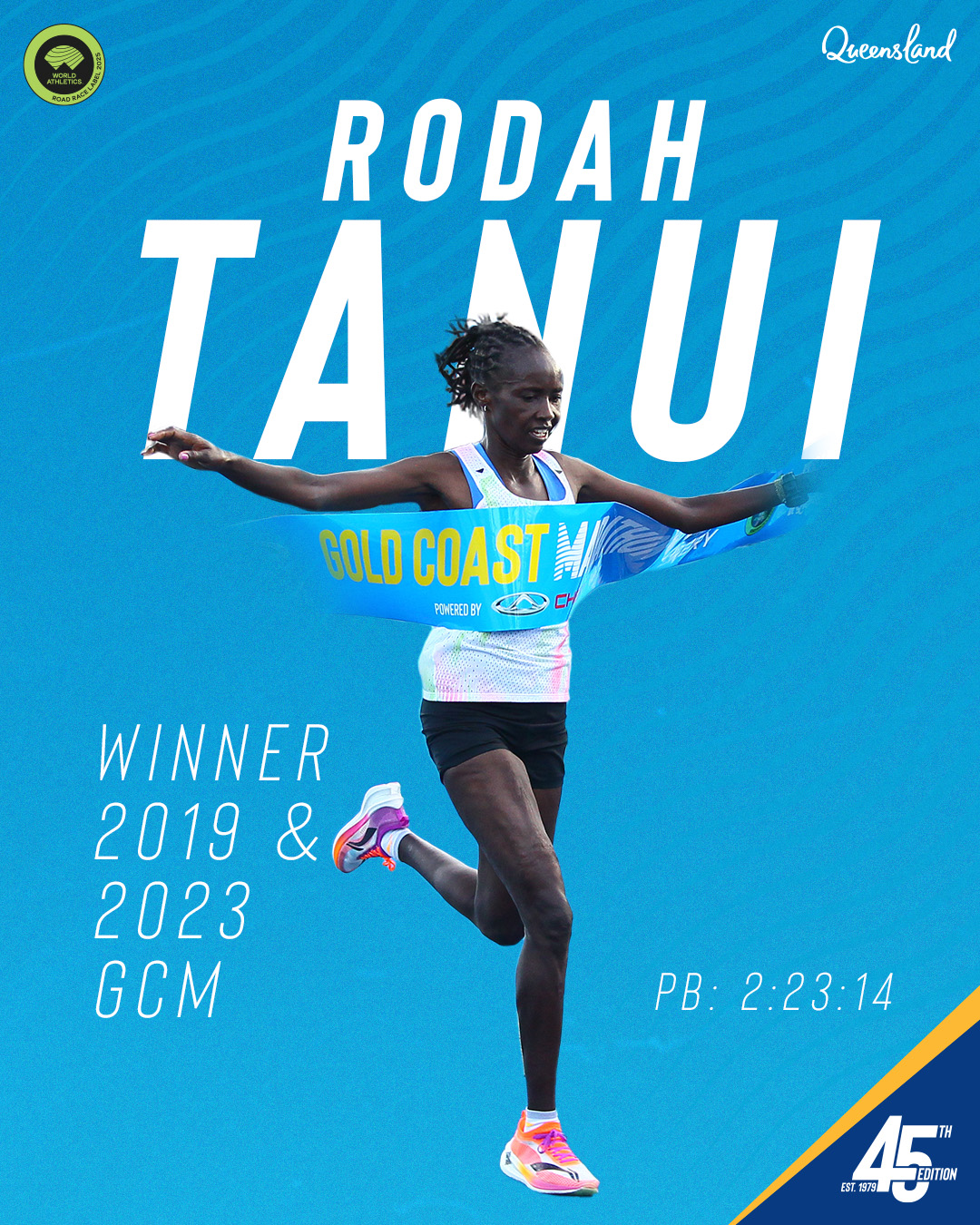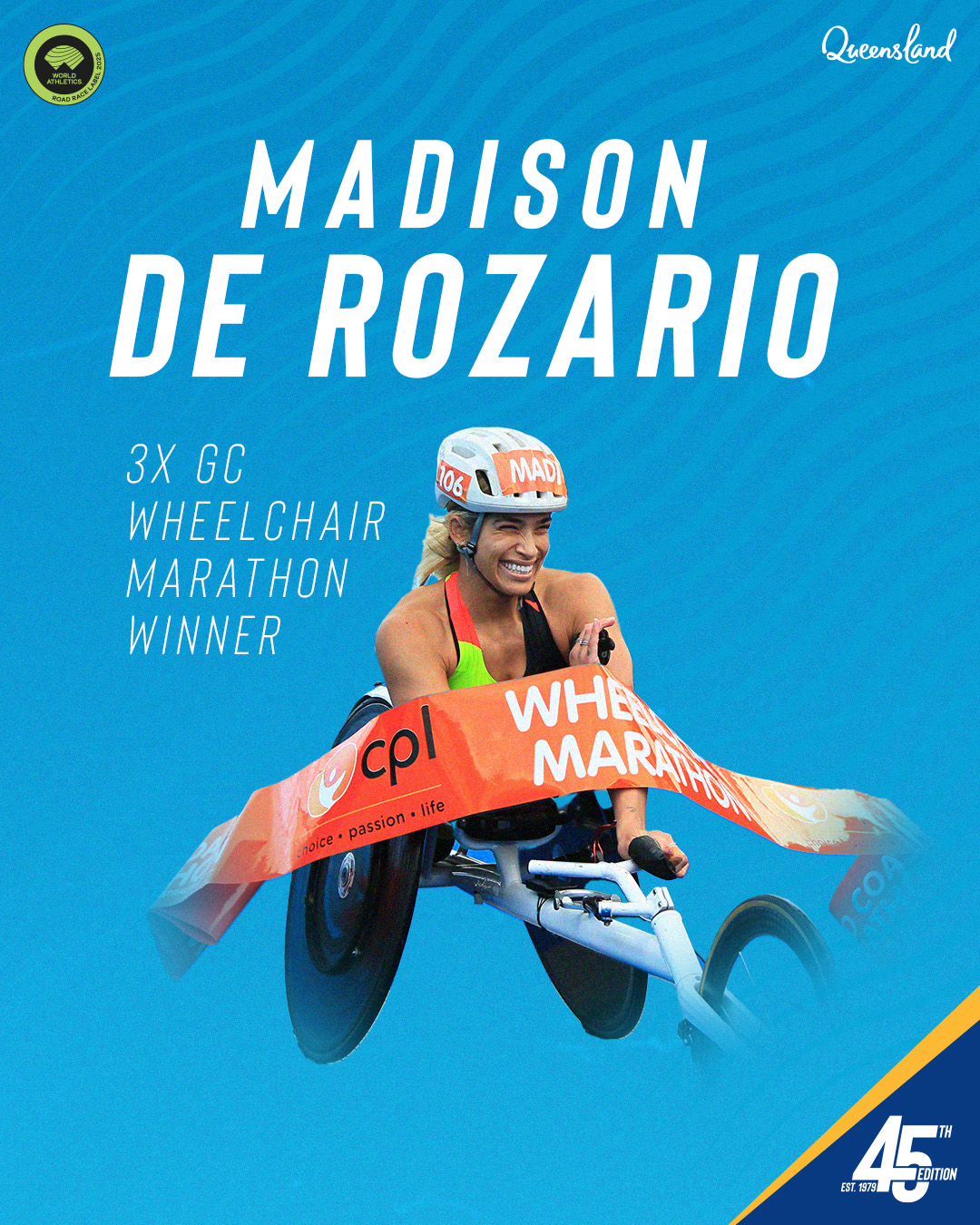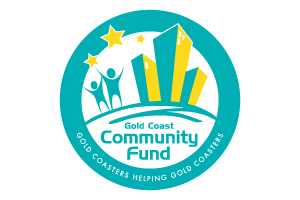By Adsy Gordon You’ve made it to race week. The big work is done. No more fitness to gain. Only recovery, fuelling and staying out...
Solo or social?

Words: Lara Tamsett
Having trained in a squad for over a decade, I am well versed in the perks of running with a group. But as I embark on the unfamiliar ‘return-to-running’ following an injury, I am starting to learn about the wonders of solo running. With this in mind, I decided to explore the advantages of solo and social running and how both could aid you in your own training for the Gold Coast Marathon.
The social butterfly
I have always enjoyed the social aspects of training in a squad and meeting other like-minded people who share the same goals and lifestyles. It offers a great social outlet, with many sessions being followed by coffees and dinners out. The often lonely and arduous thought of an upcoming training run is frequently lightened by the thought of some banter and gossip, as well as the knowledge that you aren’t the only one doing it tough. This company extends to camaraderie and support, which has more-often-than-not pulled me through those inevitable low motivation days.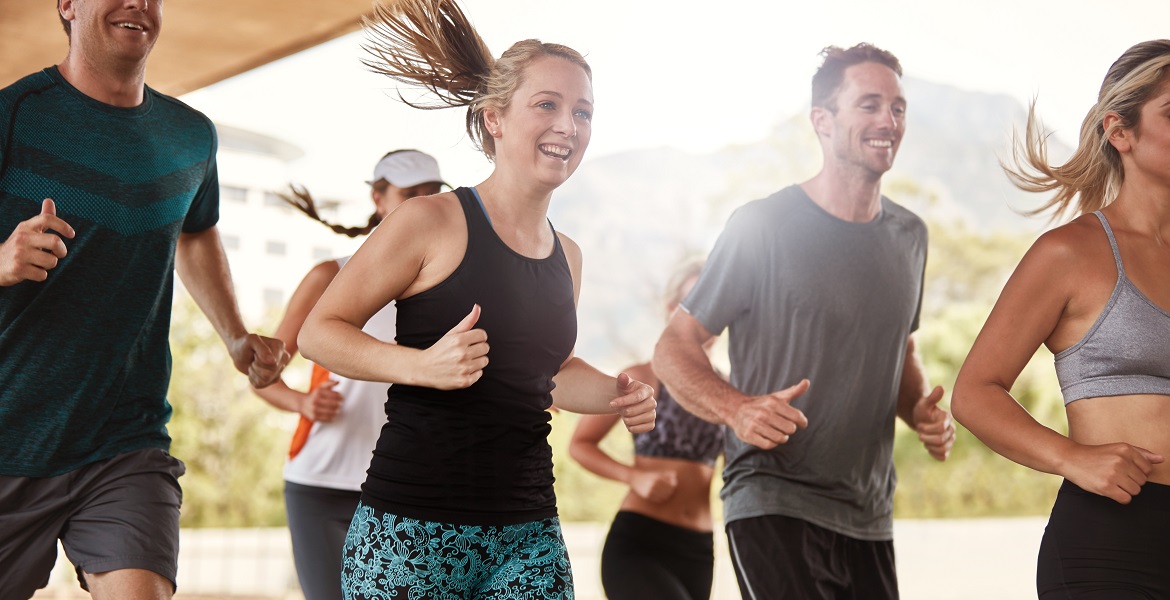
Running company extends to camaraderie and support, which has more-often-than-not pulled me through those inevitable low motivation days
Australian 10,000m national record holder Benjamin St Lawrence, who has raced at the Gold Coast Marathon a number of times, echoes the social benefits of squad running.
“I like the social aspect of group training. Knowing that not only will I be getting a solid session done, but I’ll also be catching up with some mates and sharing some good banter. I’m such a funny guy that it would be a shame if people weren’t there to laugh at my jokes,” he said.
He adds that “you are able to form very solid bonds with people when you routinely go to the edge and back together during tough training sessions,” creating a feeling of solidarity which he admittedly thrives off.
Group training provides motivation in another way by offering accountability. It’s all too easy to roll over when that 5am alarm goes off, especially after staying up late in the throes of a Breaking Bad marathon. But if you know people are waiting for you, and are expecting you to turn up, you’ll have extra motivation to pull back those covers and reach for the joggers. And this accountability extends to your actual run too, as a partner or group can keep you from slipping off pace or cutting a run short.1sct-bluesct-no-padding
If you know people are waiting for you, you’ll have extra motivation to pull back those covers and reach for the joggers
1sct-bluesct-btm-paddingThis positive peer pressure even works on a subconscious level - thanks to a concept called "social facilitation" according to Cindra Kamphoff PhD, a sports psychology consultant at Your Runner's Edge. It was first discovered when cyclists were found to have faster times when racing against someone else versus doing a time trial on their own. Kamphoff says that the same holds true with runners.
"When you run with others, you tend to give more effort," she said.
"You get caught up in the pace and you might not recognise how fast you're going."
Purposely running with a group of runners slightly faster than you is a fantastic way to progress and provides that extra push you need to improve your performance.1transparentsct-top-padding
The lone ranger
After a day in the office answering an influx of emails or dealing with energetic kids, the solitude of a solo run can provide a well-deserved moment of peace. Running alone can allow you to hit the mute button on the world and take full advantage of exercise's stress-busting benefits. Many professed lovers of the solo run describe how running alone can be a meditative experience where you get to clear your mind and zone out.0
The solitude of a solo run can provide a well-deserved moment of peace
0Furthermore, running alone means you can do your run wherever and whenever it suits you. With the busy lives we all lead, these small conveniences may mean the difference between fitting in your run or not. 2014 Commonwealth Games gold marathon medallist and Southern Cross University 10km Run course record holder Michael Shelley is a renowned advocate of solo training. He says that the flexibility of “being able to train when your body feels like training”, rather than at a set time, allows him to listen to his body and allow for more recovery if needed.
One of the biggest advantages of running by yourself is when you are coming back from injury (like myself!) and it is particularly important to listen to your body to avoid another setback. This benefit extends to people who are injury prone or inclined to push themselves too hard when running with a group that is too fast or competitive. Furthermore, running with a group whose pace you find too easy can keep you from reaching your full potential.
Lastly, running alone means you will be better prepared for race day, when it’s just you and your head out on the start line (and no encouraging training partners!). Not only will you be used to dealing with your own thoughts, but you will also be comfortable sticking to a pace on your own without relying on others.0
Running with a group whose pace you find too easy can keep you from reaching your full potential
1sct-bluesct-padding
Just right
Whether you chatter away the kilometres with pals or prefer to be alone with your own thoughts, runners who are strictly social butterflies or lone rangers are at a disadvantage. I believe being set in either an introverted or extroverted running pattern can limit your experience and prevent you from developing as a runner. With so many advantages to solo and group training, I believe it makes sense to incorporate both. Mixing things up and seeking out – or passing up – companionship can ultimately make you a more balanced, successful and hopefully happier runner.
Are you a social butterfly, a lone ranger or do you have the mix just right?
1transparentsct-no-padding
About Lara Tamsett
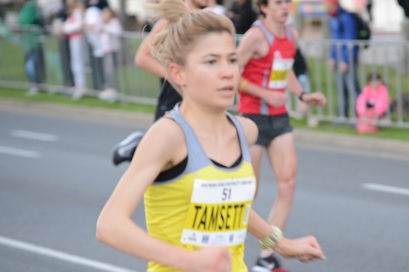
Lara is a former World Junior Mountain Running champion and a two-time Australian 10,000 champion. She is also a four-time World Country Championships representative and has represented Australia at the World Athletics Championships and World Half Marathon Championships. Lara won the 2011 ASICS Half Marathon (1:12:19) and 2013 Southern Cross University 10km Run (33:05). She is the online editor for Run For Your Life magazine, a bi-monthly, full-colour magazine containing interesting and valuable information for runners at all levels.
Visit r4yl.com.au for more information.

